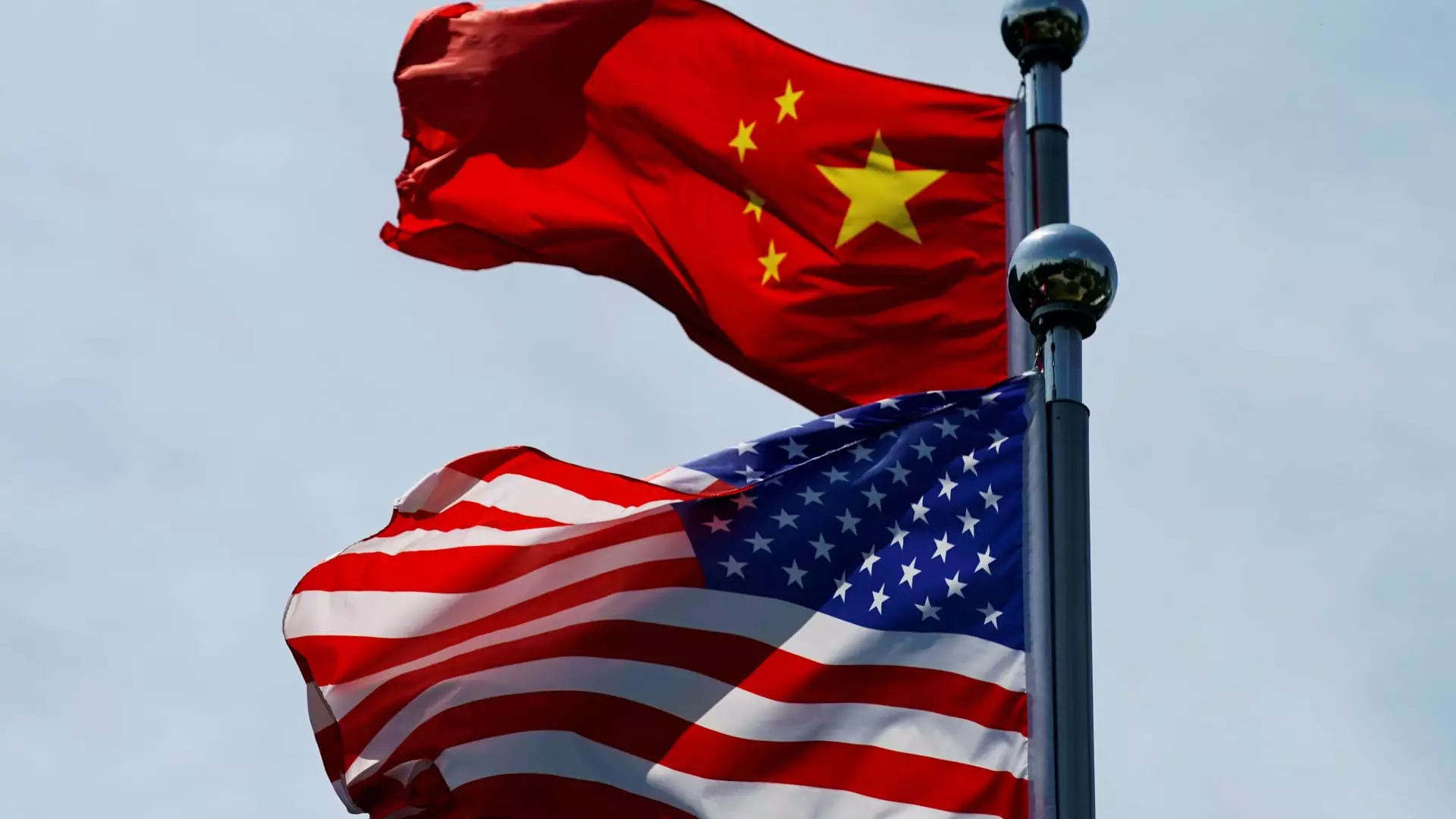As President-elect Donald Trump prepares to take office on January 20, 2024, he has set his sights firmly on reshaping America’s trade landscape, particularly concerning China, Mexico, and Canada. Announcing his intention to impose an additional 10% tariff on all Chinese imports through a post on his social media platform, Trump proposes significant economic measures that reflect his long-standing wariness of international trade agreements. This directive is particularly eye-catching given its simultaneous introduction alongside plans for a hefty 25% tariff on products coming from Mexico and Canada, particularly in light of the existing regional free trade agreements.
Trump’s focus on tariffs seems to hinge on issues surrounding illegal immigration and the opioid crisis, particularly pointing fingers at China’s role in the fentanyl epidemic afflicting the United States. He articulated his frustration with China’s lack of progress in addressing the trafficking of illicit substances into the U.S., proposing that these tariffs will incentivize Beijing to take decisive actions against drug dealers. The implications of these tariffs extend beyond mere economic transactions—they encompass broader discussions about national security, public health, and diplomatic relations.
The announcement of increased tariffs comes at a critical time when the United States is grappling with an escalating opioid crisis, a situation exacerbated by a flood of synthetic opioids like fentanyl. Trump’s statement resonated with a significant portion of the electorate who view drug trafficking as a pressing public health concern. His comments about the supposed inaction by Beijing have rekindled debates surrounding the role of foreign nations in domestic crises. Addressing this, Trump asserted that since previous discussions had yielded little result, the tariffs would serve as leverage to prompt a change in China’s policies regarding narcotics.
However, critics of such aggressive trade tactics argue that a tariff war will likely lead to a lose-lose scenario for both the U.S. and its trading partners. Liu Pengyu, a spokesperson for China’s embassy in the U.S., refuted Trump’s claims, arguing that the bilateral cooperation in counternarcotics has been routinely effective and that both nations have frequently communicated about drug enforcement initiatives. Liu’s rebuttal emphasizes a crucial point: trade relations between the two countries are interdependent, and any significant disruption could have disastrous repercussions for both economies.
The financial markets are keeping a close watch on these developments, as analysts contemplate the potential economic fallout from Barron’s planned tariffs. Kinger Lau, chief China equity strategist at Goldman Sachs, indicated that the newly proposed 10% tariff is less stringent than the previously intimated rates of 20% to 30%. This nuance suggests a more measured approach, possibly aimed at avoiding further alienation of key trading partners while still asserting pressure on China.
Moreover, Lau projected that in response to the trade pressures, China may resort to cutting interest rates, implementing fiscal stimulus, and strategically depreciating its currency to cushion the adverse effects of U.S. tariffs. Such measures could help stabilize the Chinese economy, fortifying its resilience against external shocks, particularly given its heavy reliance on exports.
The Strategic Importance of Trade Relations
When considering the broader framework of U.S. trade, it is essential to recognize the position of Mexico and Canada as significant partners, following China as major players in the American trading sphere. With cross-border economic ties deeply rooted in complex supply chains, any shifts in tariff policy stand to impact millions of jobs and alter market dynamics substantially.
Despite the tough rhetoric from Trump, analysts such as Andy Rothman from Matthews Asia note that China has historically been reticent to respond aggressively to American trade measures. The likelihood of immediate retaliatory tariffs appears faint, as maintaining a stable trading relationship with the U.S. might be perceived as a priority amidst the fears of potential long-term damage to the economic fabric of both nations.
As the world watches Trump’s forthcoming leadership transition, the questions surrounding trade policies loom large. The predictability of international relationships may be tested as the new administration embarks on a potentially contentious path paved with tariffs. While the objective of safeguarding U.S. interests remains paramount, the strategies employed will require careful navigation to avoid detrimental outcomes that could undermine both national and global economic stability. The focus on trade reflects not merely a transactional mindset but underscores critical issues that resonate deeply within the socio-economic landscape of the United States.


Leave a Reply